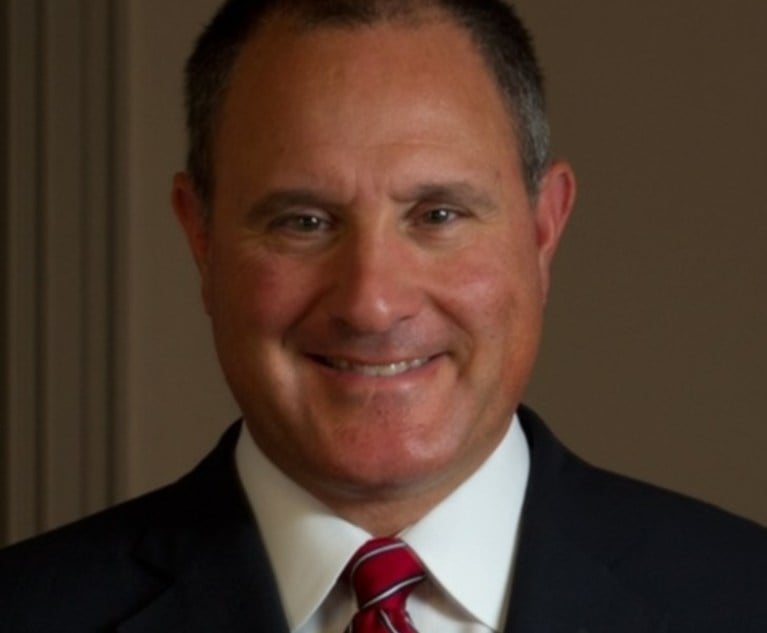Litigation pits adverse parties against each other and is a way to settle disputes in court, but some litigants, and some lawyers, may be more adversarial than others. Indeed, the preamble to the ABA Model Rules of Professional Conduct explains that, as an advocate, “a lawyer zealously asserts the client’s position under the rules of the adversary system.” With the increase in data volumes and electronically stored information (ESI) discoverable in litigation, however, the Federal Rules of Civil Procedure explicitly instruct that lawyers also need to cooperate to secure the just, speedy, and inexpensive determination of every action. Notably, the committee notes on Rule 1 for the 2015 amendments to the Federal Rules state: “Effective advocacy is consistent with—and indeed depends upon—cooperative and proportional use of procedure.” One area where zealous advocacy, cooperation, and proportionality are tested has been in determining when forensic examinations are necessary in e-discovery.
Recently, in Citizens Business Bank v. Mission Bank, 2024 U.S. Dist. LEXIS 47697 (C.D. Cal. March 15, 2024), the U.S. District Court for the Central District of California denied the plaintiff’s motion to compel a forensic examination of certain electronic devices, accounts, and backup servers maintained by the defendant and the defendant’s employees. The plaintiff had acquired a third-party bank and hired many of the third-party bank’s former employees. The plaintiff alleged that defendant conspired with one of the third-party bank’s former employees—a former employee hired by the defendant—to steal the plaintiff’s trade secrets, unfairly compete, and interfere with the plaintiff’s contracts. The plaintiff brought claims for, among other things, misappropriation of trade secrets, unfair competition, and intentional interference with contractual relations.


 Patricia Antezana of Reed Smith. Courtesy photo
Patricia Antezana of Reed Smith. Courtesy photo




